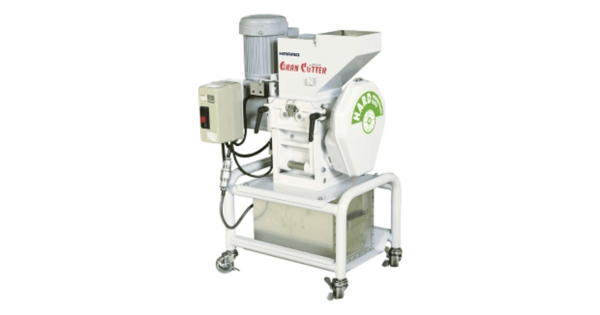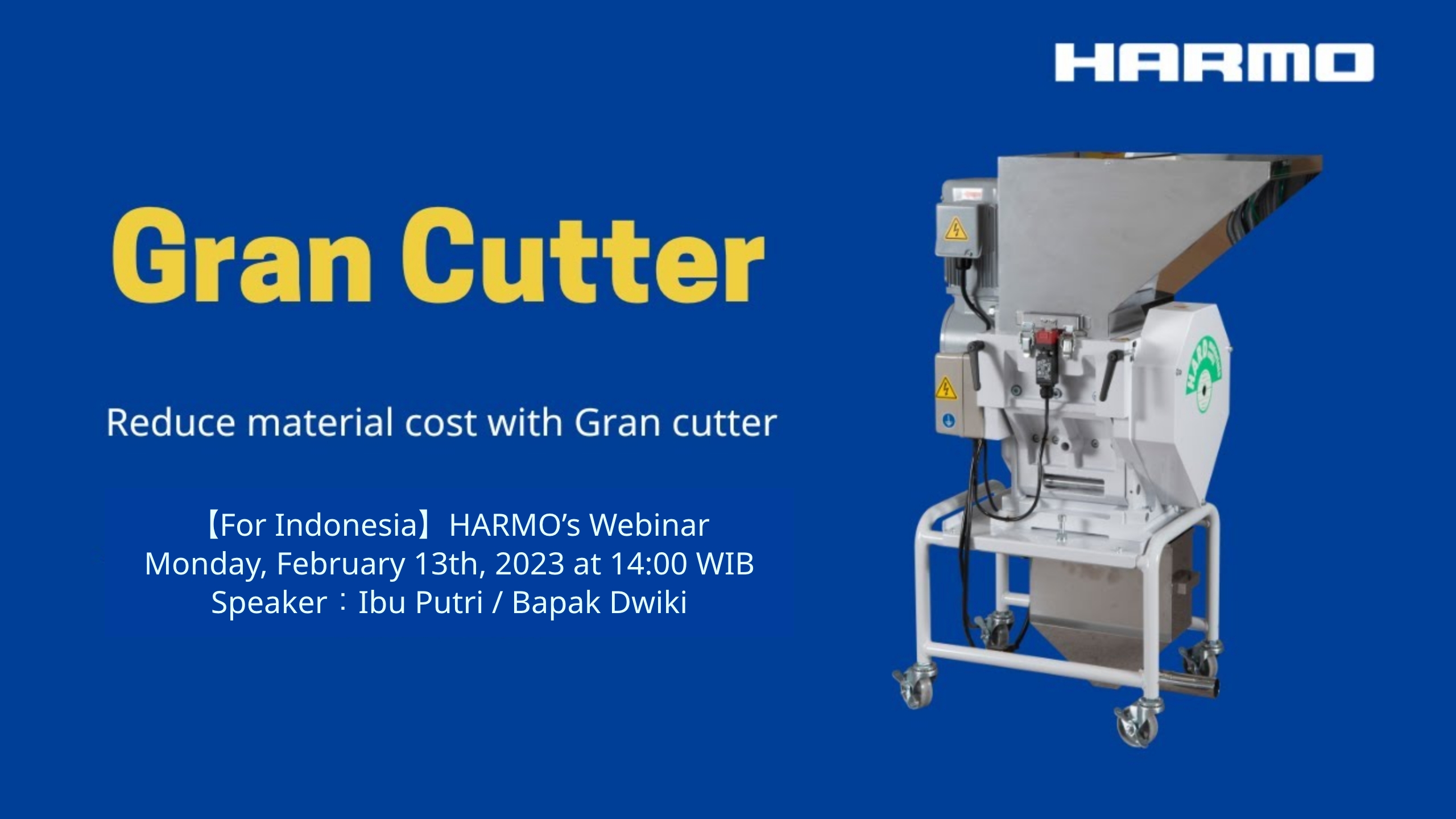Did you know that many of the things around us today are made of soft, pliable plastic?
Let's take a look at some familiar examples.
- Waterproof gaskets for cell phones
- Gaskets for airtight containers
- Toothbrush grips, etc.
Thermoplastic elastomers, a material with properties similar to rubber (elasticity, stretchability, and the ability to return to its original state after being stretched) and excellent processability, are widely used.
Problems and issues
Unlike ordinary resin, the soft nature of the material (elasticity, stretchability, and the ability to return to its original state after being stretched) made it impossible to cut the runners into pellets with conventional crushers.
In other words, sprues could not be recycled and had to be disposed at a disposal cost.
Solution
- Recycling will be possible by replacing the current rotary blade grinder with a Harmo SPC.
- Our SPC is first machine in the world to use press-cut method, which is a method of punching out resin with a press motion, to make it possible to recycle this soft material for the first time.
- As a rough guide to the hardness that can be processed, it is possible to process resins as soft as 30D hardness.
This hardness is measured by durometers, the international standard "◆ISO 7619(E) Rubber-Determination of indentation hardness by means of pocket hardness meters". As an example, imagine the softness of gummy, a food originated in Germany.

Effect
All materials that used to be disposed can be recycled, and the cost of disposal is reduced to zero, leading to a significant reduction in material costs.





